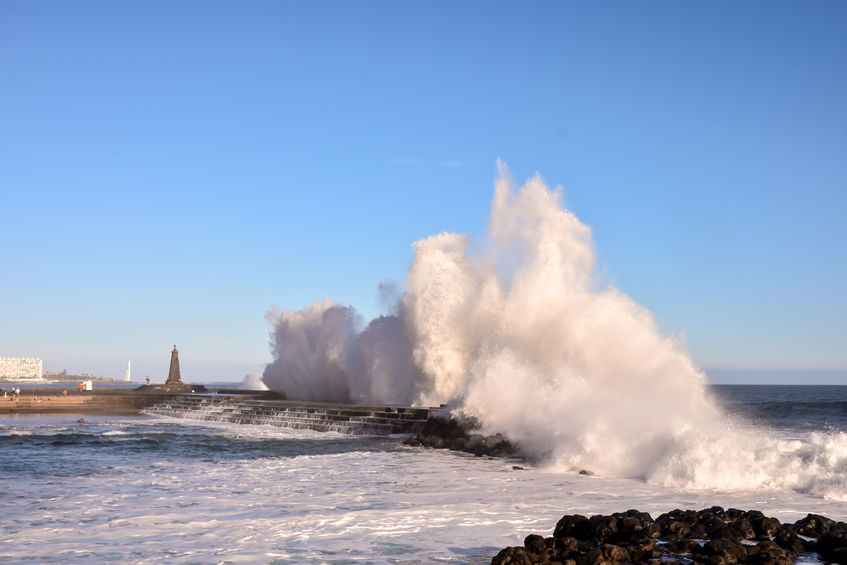
The CLA, the landowner organisation, has told MPs that they can play a vital role in encouraging Ministers to undertake a radical reshaping of approaches to flood management.
CLA President Ross Murray today gave evidence to the influential Environment, Food and Rural Affairs Select Committee as part of an Inquiry into the handling of the 2015 winter floods.
The Committee’s report will be considered by Ministers who are currently undertaking a review of flooding policy.
Speaking to the Committee he set out the CLA’s proposals for a management system that brings together local agencies and landowners to put in place ‘catchment-wide’ flood management strategies.
These would include investment in flood defences and measures such as dredging of rivers, but would see greater investment in ‘slow the flow’ measures such as tree planting in upland areas.
Ross Murray said: "The devastating impacts of floods in recent years have shown very clearly that the current approach to water management is just not working.
"This important Committee has a critical role to play in making sure these changes happen.
"We need a catchment-wide approach that invests not only in the traditional defences we need, but also incentivises landowners to ‘slow the flow’ by changing how they use their land or sacrificing it for flood water storage when necessary.
"The time to put this new approach in place is now – before homes and communities are hit by another major flood.
"Rural landowners want to be a part of the solution but the right support needs to be in place for those willing to store flood water or put in place measures designed to slow its flow.
"Government investment in water management in recent years has been frustratingly piecemeal and it is high time the resources available were deployed in a more joined up way, by looking at how best to manage the threats and benefits of a river at a catchment level."
The Committee will report the outcomes of its Inquiry in the autumn of 2016.
